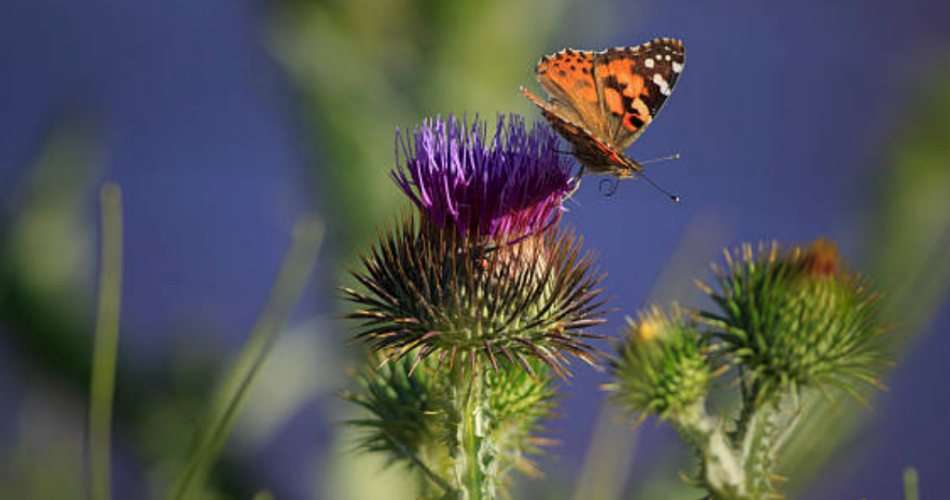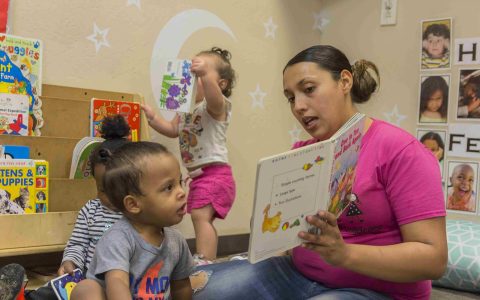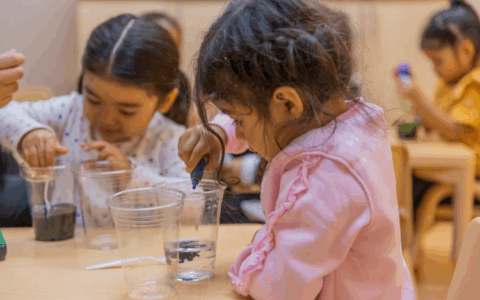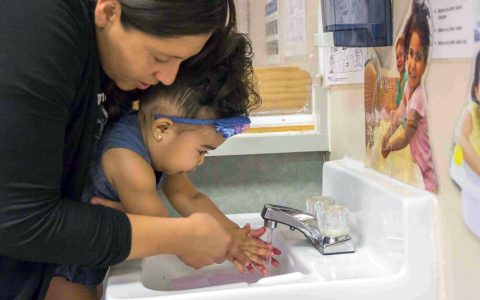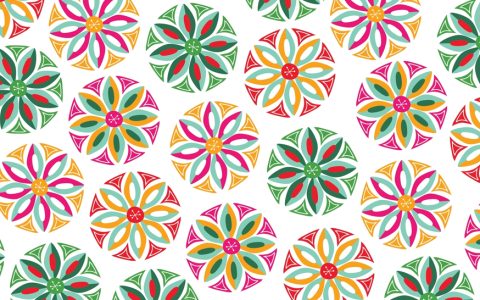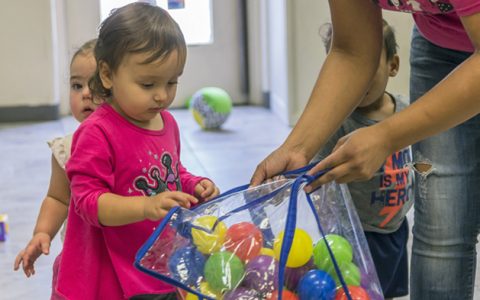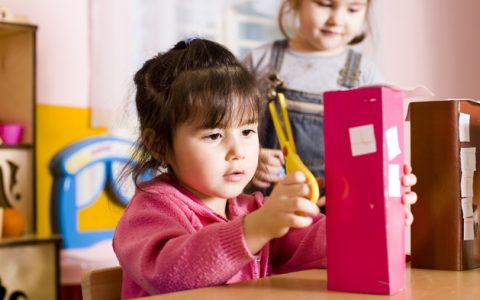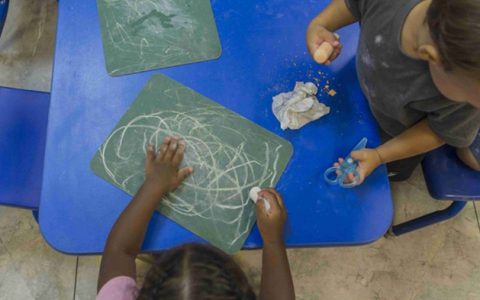Blog de Quality First, Consejos e Inspiración
La inspiración y los recursos gratuitos son un extra. Ayudarte es precisamente lo que hacemos. Consulta los últimos blogs, consejos e investigaciones sobre cómo brindar una atención de la más alta calidad y mejorar tu entorno de aprendizaje temprano.
Para recibir inspiración directamente en su bandeja de entrada, suscríbase hoy mismo a nuestro boletín.
VER TODOS
Lavarse las manos correctamente es una de las formas más eficaces de reducir la propagación de gérmenes en un centro de acogida de grupos. Si dedica tiempo a enseñar a los niños a lavarse las manos correctamente, contribuirá a crear un hábito que repercutirá en su salud durante el resto de su vida. He aquí algunos consejos e ideas
Los bebés y los niños pequeños son observadores, curiosos y ansiosos por explorar. Buscadores naturales de patrones, los bebés observan a sus cuidadores y su entorno, fijándose en similitudes y diferencias, repeticiones y novedades. A medida que empiezan a interactuar con su entorno, los niños pequeños utilizan estas observaciones para aprender sobre objetos y patrones. Los cuidadores expertos fomentan esta curiosidad natural para sentar unas bases sólidas para las matemáticas.
La lectura es vital para que un niño aprenda y tenga éxito en la escuela. Muchas destrezas, como el vocabulario, la comprensión y el conocimiento de la letra impresa, favorecen la capacidad lectora de los niños. Sin embargo, un conjunto de destrezas -la conciencia fonológica- es especialmente importante y se ha comprobado que influye directamente en el éxito lector de los niños en la guardería y en etapas posteriores (Phillips, Menchetti y Lonigan 2008). Un buen conocimiento fonológico
Como educadores de la primera infancia, cuando hablamos de habilidades de pensamiento de orden superior o pensamiento crítico, podemos pensar en ciencia, tecnología, ingeniería, artes o matemáticas (STEAM). Pero el pensamiento de orden superior se refiere a una forma de pensar, no a un contenido específico. Se trata de cómo aprende un niño, más que de qué aprende. Como educadores, nos centramos en proporcionar
¿Está pensando en renovar su zona de cambio de pañales? Cambiar la zona de cambio de pañales puede mejorar la supervisión y la seguridad, pero no olvide los procedimientos sanitarios. El Departamento de Servicios de Salud (DHS) de Licencias de Cuidado de Niños requiere que las aulas con un área de cambio de pañales incluyan "un lavabo para lavarse las manos junto a la superficie de cambio de pañales", lo que significa que el lavabo para cambiar pañales debe estar directamente
Como educadores de la primera infancia, es nuestra responsabilidad comprender, respetar y honrar a cada niño a nuestro cuidado sin prejuicios. Muchos programas tienen familias inscritas con una variedad de orígenes y experiencias diferentes. Incluso en programas que parecen homogéneos, las familias tienen diferentes formas de celebrar sus tradiciones. Los programas de aprendizaje temprano de calidad colaboran con las familias en
¿Cómo responder cuando los padres preguntan: "¿Los niños se pasan el día jugando?"? Si alguna vez le ha costado responder a esta pregunta, no es el único. Hay muchas ideas diferentes sobre cómo deben aprender los niños. La forma en que se comunique con las familias sobre su programa y sus prácticas de aprendizaje temprano de calidad les beneficiará en el
Muchas familias consideran que el elevado coste de una educación infantil de calidad está fuera de su alcance. En Arizona, una herramienta para ayudar a romper esta barrera es el subsidio de cuidado infantil del Departamento de Seguridad Económica (ADES). Todos los centros y hogares de grupo autorizados por el Departamento de Servicios de Salud de Arizona (ADHS) y todas las guarderías familiares certificadas por el ADES tienen derecho a una subvención.
En Quality First, utilizamos el modelo VISION para guiar el viaje de mejora de la calidad, y todo viaje necesita una hoja de ruta. En esta primera etapa, usted se centrará en el establecimiento de la visión. Con la llegada de la vuelta al cole, los educadores están ocupados haciendo planes para el año. La temporada está repleta de planes para los eventos especiales del año, la planificación del plan de estudios
